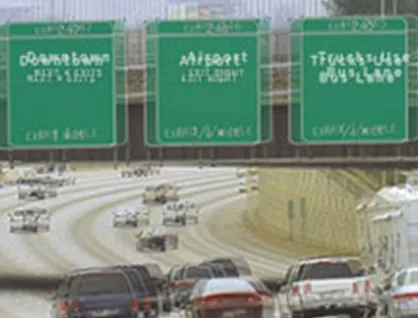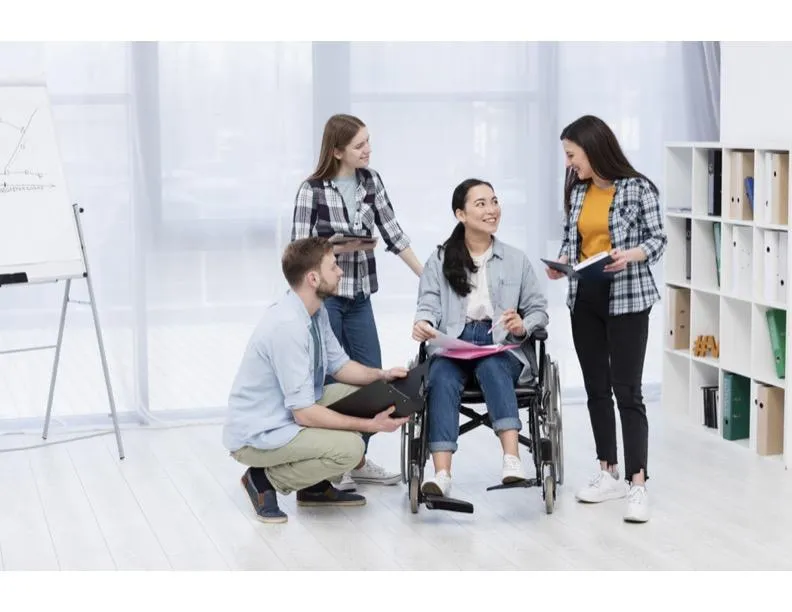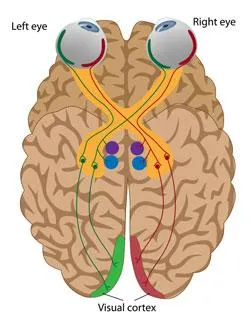Sari R. Schwartz, OD, FCOVD, FAAO
225 Millburn Avenue, Suite 208 B
Millburn, NJ 07041
Sari R. Schwartz, OD, FCOVD, FAAO
225 Millburn Avenue, Suite 208 B
Millburn, NJ 07041
Neuro-Optometric Vision Rehabilitation is a sub-specialty of Optometry that focuses on the variety of visual disorders that occur as a result of brain injuries, developmental delays or other neurological disorders. Our eyes are a part of the brain so when someone suffers any type of injury to the brain, whether it is a concussion, stroke, or developmental delay, their vision will be impacted.
A concussion or mild traumatic brain injury (mTBI) can occur when a person experiences a sudden bump, blow, or jolt to the head. This rapid movement causes the brain to hit against the inside of the skull, often causing bruising or damage. Due to the complexity of how our vision works within the brain, even a mild concussion can disrupt how we see. A head injury, at any age, can result in vision problems. Whether you have fallen off a bike, had a car accident, or a stroke, vision problems can range from being very subtle to severe.
Following a concussion, or other head injury, reading and other activities of daily living often become difficult. Text on a page may become blurry or even drift apart, appearing double. Words may even move or jump around. For many, these visual symptoms decrease reading speed, comprehension, attention, and visual comfort. Research shows that over 50% of patients who have suffered a concussion have visual problems that can cause any of the symptoms listed below.
Blurred vision
Double vision (Diplopia)
Words moving on the page and/or loss of place when reading
Motion sickness, dizziness, or nausea
Clumsiness, difficulty with balance or movement
Sensitivity to light
Difficulty with multitasking
Can't tolerate "visually-busy" place such as stores or malls
Inaccurate depth perception
Difficulty driving
Pain in the eye or eyes
Reduced reading comprehension
Spatial disorientation

A Functional Vision Evaluation involves in-depth testing which evaluates how well your vision functions and to what degree it is interfering with the overall performance of activities of daily living such as reading, balance and movement, tying shoes, pouring liquids, etc. This evaluation is unique because it is focused on performance testing to determine how vision is interacting with other sensory systems. In addition, visual information processing skills are evaluated as they relate to vocational and avocational tasks.
After the evaluation, Dr. Schwartz will design the best vision rehabilitation plan for your vision problems. Treatment can involve special therapeutic lenses (worn similarly to glasses) or may involve a more in-depth program. Neuro-Optometric Rehabilitative Vision Therapy is a non-invasive process for the rehabilitation of visual and motor disorders. Through individualized programs working one-on-one with a vision therapist, a patient can learn how to regain control of how their vision works. Dr. Schwartz will explain everything, as it pertains to you, at your consultation appointment, after the evaluation.
Typically, we find that patients who have suffered a head injury often require a team approach to help with overall recovery. We collaborate with Speech Language Pathologists, Occupational Therapists, Physical Therapists, Neurologists, and Physiatrists to help our patients.
If you or a loved one has had a head injury, we recommend scheduling an appointment with Dr. Schwartz to determine if vision problems may be interfering with the recovery process.


office hours
Monday: 7:30 AM - 6:00 PM
Tuesday: 7:30 AM - 6:00 PM
Wednesday: 7:30 AM - 6:00 PM
Thursday: 7:30 AM - 6:00 PM
Friday: 7:30 AM - 4:30 PM
Saturday & Sunday: Closed
Holiday Hours: Closed Federal Holidays
Please call or leave us a message at (973) 804-6565.
Designed by Bristol Marketing Group, Inc.